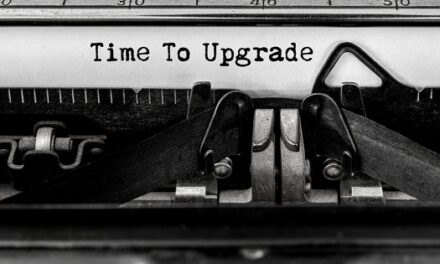Buying a business can be a great way to step right into an established venture and seize the opportunity to take it to new heights. But it can also be a potential minefield and isn’t a quick purchase anyone should enter into lightly.

Along with undertaking due diligence and seeking standard documentation like financials, business plans and inventory lists, there are a series of questions you should be asking the business seller and a few pertinent queries to put to yourself.
So here are the top eight things to ask before you buy a business.
What do you bring to the table?
It’s all very well to want to be your own boss, but what specific skills do you bring to the table? Is it management experience, or industry expertise, and what training will you be provided to fill any gaps?
Can you afford it?
Buying into a business is a gamble and not one to be taken lightly. Chances are it will affect your lifestyle, livelihood, and the first few months of any business takeover can be tricky. How well prepared are you to do these hard yards, and what happens to you financially if they don’t reap the results you expect?
Why is this business for sale at this time?
This is a key question to put to any seller and also investigate yourself. You may be given any number of standard reasons for selling like retirement, ill health, or other passions, but why now exactly? Is there competition on the horizon, a debt you don’t know about or a change in lease conditions that may affect the business in the coming years?
What is the reputation of this business?
The business may be under new management but a bad reputation can be hard to shake off. Do your own research online or in the community to understand what’s being said about this business and why.
Does it have future potential for expansion or growth?
Some businesses can plod along for years reaping a healthy return, but is there potential to insure it against future problems via growth or expansion. You need to know the current market of a prospective business and identify future opportunities long before taking the helm.
Are there any new competitors?
It’s a common practice in business to undertake SWOT (strength, weaknesses, opportunities and threats) analysis. You should make a point of investigating these for any business you intend to buy with a specific focus on likely or imminent competition.
Is it dependent on any single customer or industry?
Depending on a single client or industry is considered a threat to any business. What guarantees your investment should they change providers. And if you’re still keen to go ahead, how would you attract new clientele?
What happens to any staff?
Existing staff can be a blessing and a curse. Some are likely to bow out with the changeover and what’s the quality of those who stay? You also need to ascertain how they are managed at present, and consider your course of action in the future.
On the other hand good staff can help you through that settling in phase and even allow a business to manage itself. But they’re an asset or liability that needs careful consideration.
The final word
There’s a great old saying that “time in recognisance is never time wasted”. So before you sign on the dotted line and embark on your new adventure, complete your due diligence, seek out legal expertise, undertake some soul searching and conduct serious research about any business acquisition.
Then if all the boxes are ticked, it’s time to set your own goals, plan out your new future and shoot for the business stars.
Clive Enever – The Business Mentor has more than 30 years experience helping small business owners achieve their dreams. To learn more about his services, see here.




















